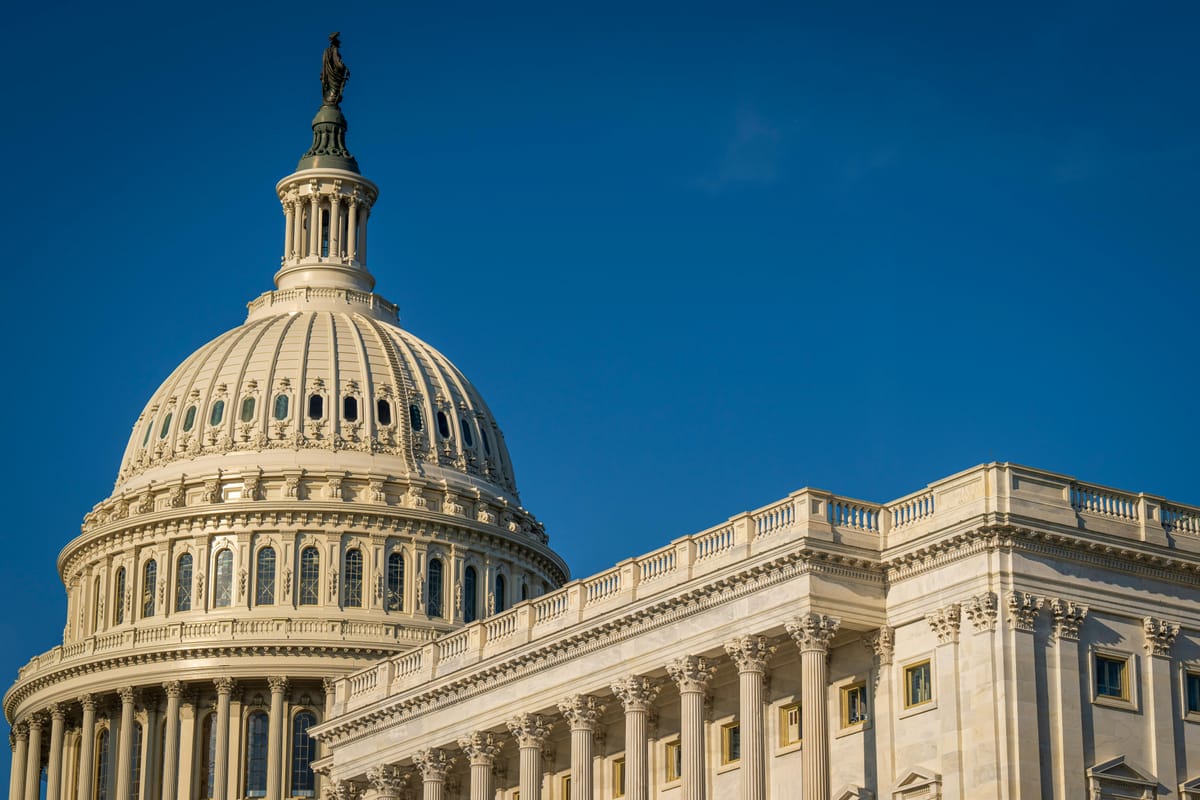The effectiveness of Congress has been declining. The past Congresses have been among the least effective in the nation's history: fewer bills are passing.
The US is not in a time where it can afford Congress to be relaxed. Americans are discontent with the current political situation. According to a Pew Research poll, only four percent of American adults believe the political system is working extremely or very well. As of 27 November 2024, only ~22% of Americans approve of Congress, according to 538’s polling average data. With this large dissatisfaction, Americans ought to see a change in the legislative, but that is not happening.
The issue is that incumbent senators and representatives keep getting reelected, despite their continued failures risking huge costs for the American political system. If not solved, two major risks emerge: the balance of legislative responsibility between the federal branches erodes, and Congress isolates itself from the people.
The United States of today does not match the Founding Fathers’ vision of a union. Each federal branch, legislative, executive, and judicial, now has some form of significant policy making power, whether formal or informal.
To easily state, the legislative branch makes formal laws passing bills, as intended. The executive branch legislates via executive orders, and more informally with bully pulpits and attempts to set the legislative agenda. The judicial branch legislates by its power of judicial review.
While other branches have been increasing their policy-making power over time, the role of legislating has been the main responsibility of Congress, so Congress’ increasing ineffectiveness is concerning in the changing United States, no matter the cause.
An ineffective legislative branch means a problematic federal government, because Congress fails to use its powerful abilities necessary for the country: the power of legislating, and the power of the purse. Its failure to use its powers, mainly legislating, means other branches have to step in for solutions.
First, an ineffective Congress creates a more powerful and invasive Supreme Court. When Congress fails to finish its plate, the Supreme Court gets seconds.
The Supreme Court either feels compelled to get involved, or may unintentionally issue rulings with major implications, because of Congress' failure to legislate in a timely fashion. The Supreme Court’s increased importance as a result of an ineffective Congress have resulted in plans to modernize the court to react to the Court’s new, increased role.
For a recent example, the political battle around abortion rights can be evaluated. While the debate around abortion rights peaked recently in 2022, with the overturn of Roe v. Wade, this was a contentious issue for decades that impacted many Americans. Despite the importance of the issue, Congress failed to even try taking the issue out of the Court’s hands, whether that was affirming and codifying Roe, or challenging the Court’s decision.
As a national policy issue, it would be assumed that senators and representatives would try to take control, but instead abortion relied on the Court’s ruling. Congress’ failure to act on the issue arguably kept legislative power in the wrong hands.
Second, an ineffective Congress places unfair responsibility on the president. An increase of legislating responsibility is not limited to just the Court. Unlike the court, which has the ability to willingly take responsibility, the presidency gets accountability forced upon it. This is problematic as the president is forced to take responsibility it cannot do about, unless it has the backing of Congress.
It is much harder for a president to implement significant policy, as the increased legislative role was not intended for the president.
The president gets an unfair burden. When the people vote, they blame the person on top, despite the president’s limited ability to do anything. Presidents every election cycle get blamed for not doing enough policy-wise, when they may have never had the chance to do enough. It’s why President Biden was unpopular. It also explains why Trump and Harris focused on economic policy, a congressional role. For example, Trump’s focus on tariffs, and Harris’ focus on price gouging and child tax credits.
While the president may act as the leader and curator of the legislative agenda, the act of implementing said agenda is a congressional issue, not a presidential one. When a large policy burden is placed on the president, it clouds the ability of the American people to fairly judge the president and possible candidates, and it prevents the ability to see Congress’ failure to be the branch of the people. In politics, there is a lack of nuance in politics to place blame fairly.
Congress should not be getting away from its failure to legislate. The legislative branch was designed to be the most powerful institution in the federal government that had the clearest connection to the people, not the presidency or the Supreme Court. When Congress fails to legislate effectively, to the point that other branches have to pick up the slack, it fails the people of the United States. It is worrying that Congress continues to isolate itself from the people it serves, despite the reason. Congress should never be able to fail its one goal: be the voice of the people.


Comments ()